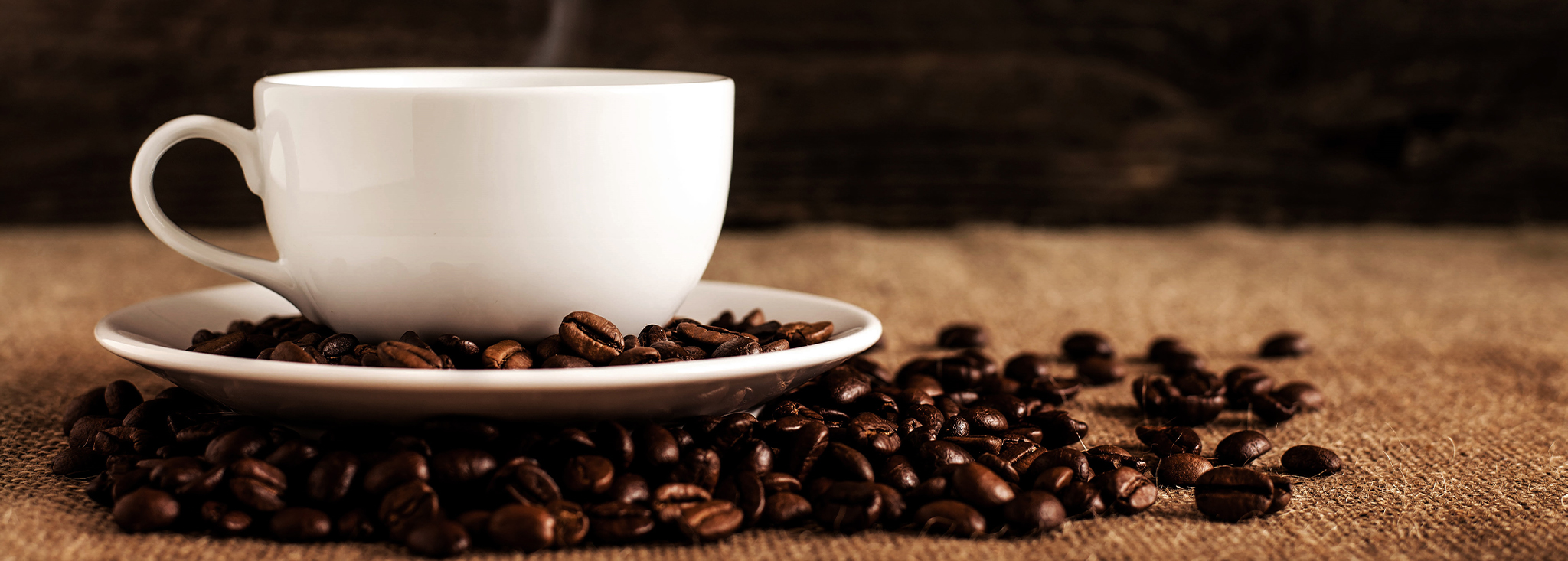Caffeine and Type 2 Diabetes
Have you ever noticed a difference in your blood sugar after drinking a cup of coffee or tea? You aren’t imagining things. But how big of an impact does caffeine have on type 2 diabetes? Caffeine is one of the most consumed “drugs” in the world. We get it from mostly coffee, tea, energy drinks and soft drinks. However, we know the question is: Is caffeine safe for me to consume if I have type 2 diabetes?
What the research says about caffeine and type 2 diabetes
Let’s take a look at the latest research. The research is a little unclear, but this should shed some light on this hot topic.
According to the Mayo Clinic, caffeine can indeed have an effect on your blood glucose levels causing lower or higher fluctuations, so limited consumption is recommended for better control.
Other studies suggest drinking three-to-four cups of coffee per day compared to drinking less than two or zero cups is associated with a lower risk of type 2 diabetes. Coffee contains a strong antioxidant called chlorogenic acid that helps regulate blood sugar and decrease the risk of diabetes by improving insulin sensitivity.
Another study published by the ADA suggests that people with type 2 diabetes can reduce their risk of hypoglycemia during the night by having a small to moderate amount of caffeine before bed. Some people also claim that symptoms of hypoglycemia become more noticeable when incorporating caffeine into their diet.
The effects of caffeine on each person are varied though with the added factor of tolerance to the stimulant can build up as quantity increases. While some people claim that they see a noticeable difference in their blood glucose (BG) levels when they drink caffeine, others say that they don’t have any issues incorporating caffeine with food.
Let’s explore some variables that could contribute to the shift in BG levels in relation to caffeine consumption.
Side effects
Certain common side effects of caffeine consumption may often explain shifts in BG levels.
Lack of sleep
Not enough sleep has proven to contribute to insulin resistance in the body for people with type 2. Too much caffeine could certainly contribute to insomnia, especially since caffeine tolerance decreases as we grow older.
Elevated heart rate / “the jitters”
Two common effects if too much caffeine is in the system, or if the body is not accustomed to it. These are also symptoms of hypoglycemia, which might cause someone with type 2 to check their BG levels more frequently if mistaking the symptoms for a low.
Heartburn / Upset stomach / Dehydration
Some people are less tolerant of coffee and other caffeinated beverages than others, so these symptoms can often occur. The body’s hormonal responses from these symptoms (and feeling ill in general) can always cause BG levels to rise and fall.
Dawn phenomenon
The dawn phenomenon (or “dawn effect”) is the term used to describe an abnormal rise in BG levels in many people, between the hours of approximately 2 a.m. and 8 a.m. Most researchers believe this effect to be the result of hormone surges — the body’s overnight release of cortisol, glucagon and epinephrine, which all increase insulin resistance. Of course, the phenomenon could also be in part due to management factors such as high carb consumption before bedtime or insufficient insulin dosages. Nevertheless, we could very well be inaccurately accusing caffeine of morning BG spikes, but in reality, the dawn phenomenon is the actual cause.
Sweeteners
Of course, if you plan on sweetening your caffeinated beverage with sugar, cream or milk, always check the carb count and bolus or take your injections accordingly! Even some artificial sweeteners have been known to cause a rise in BG levels due to its ingredients.
So—what is the takeaway from all of this? Everyone’s body reacts differently to foods and beverages—with or without type 2 diabetes! It is important to keep in mind that studies thus far on caffeine and BG levels remain inconsistent. Knowing exactly how much of an effect it could have on you will take some experimentation, and could be dependent on many things—including the time of day, carb counts, physical activity, hormone levels and the amount of caffeine ingested.





